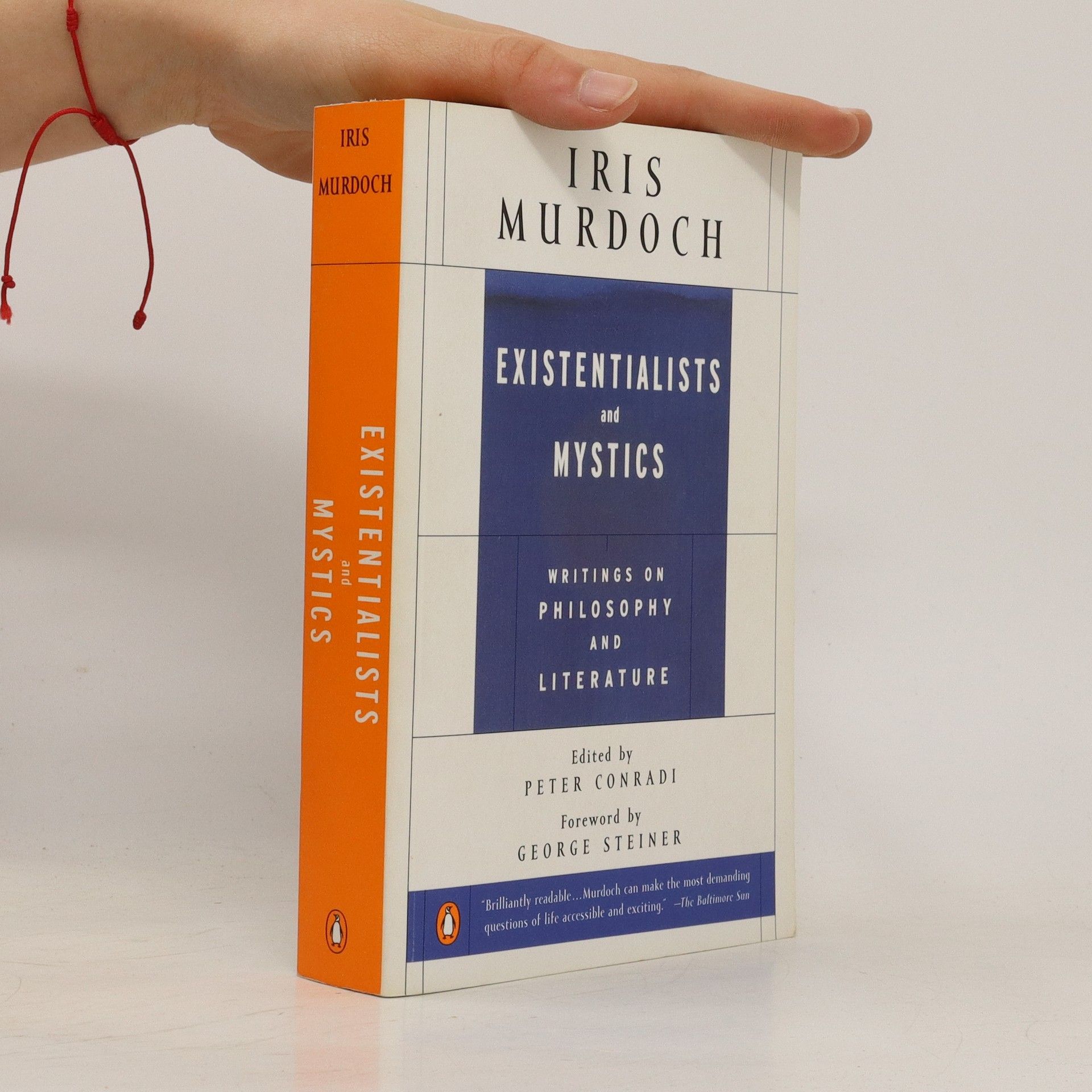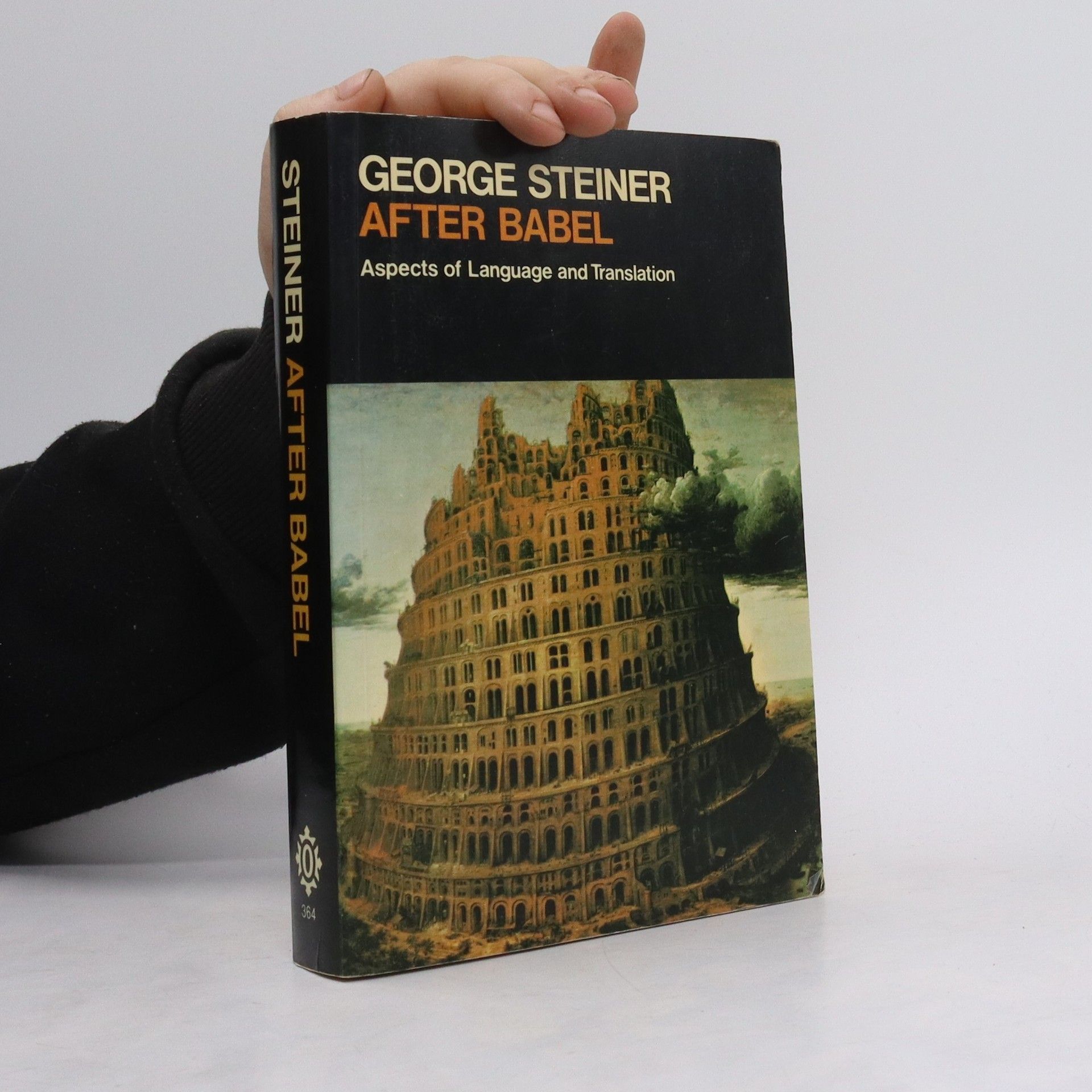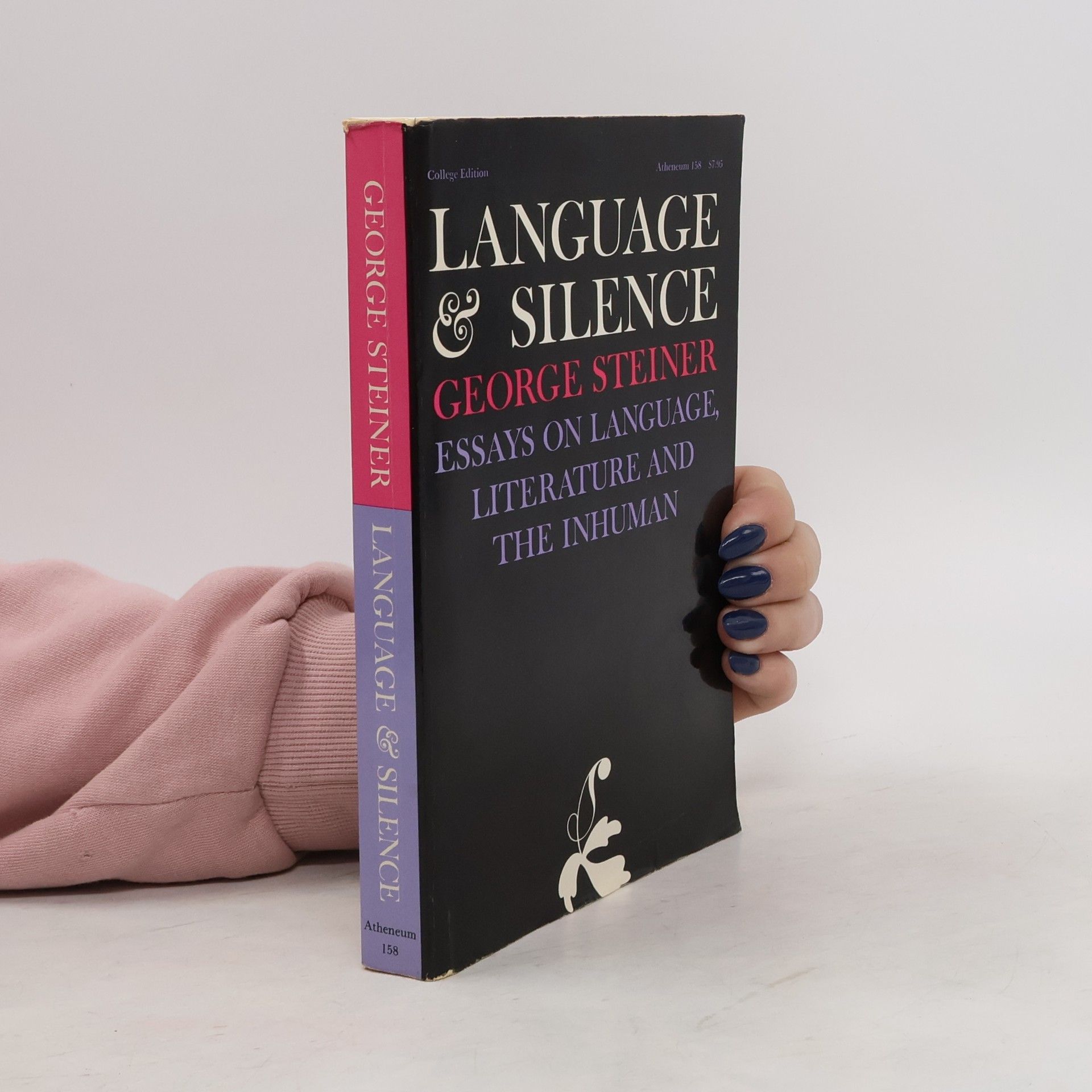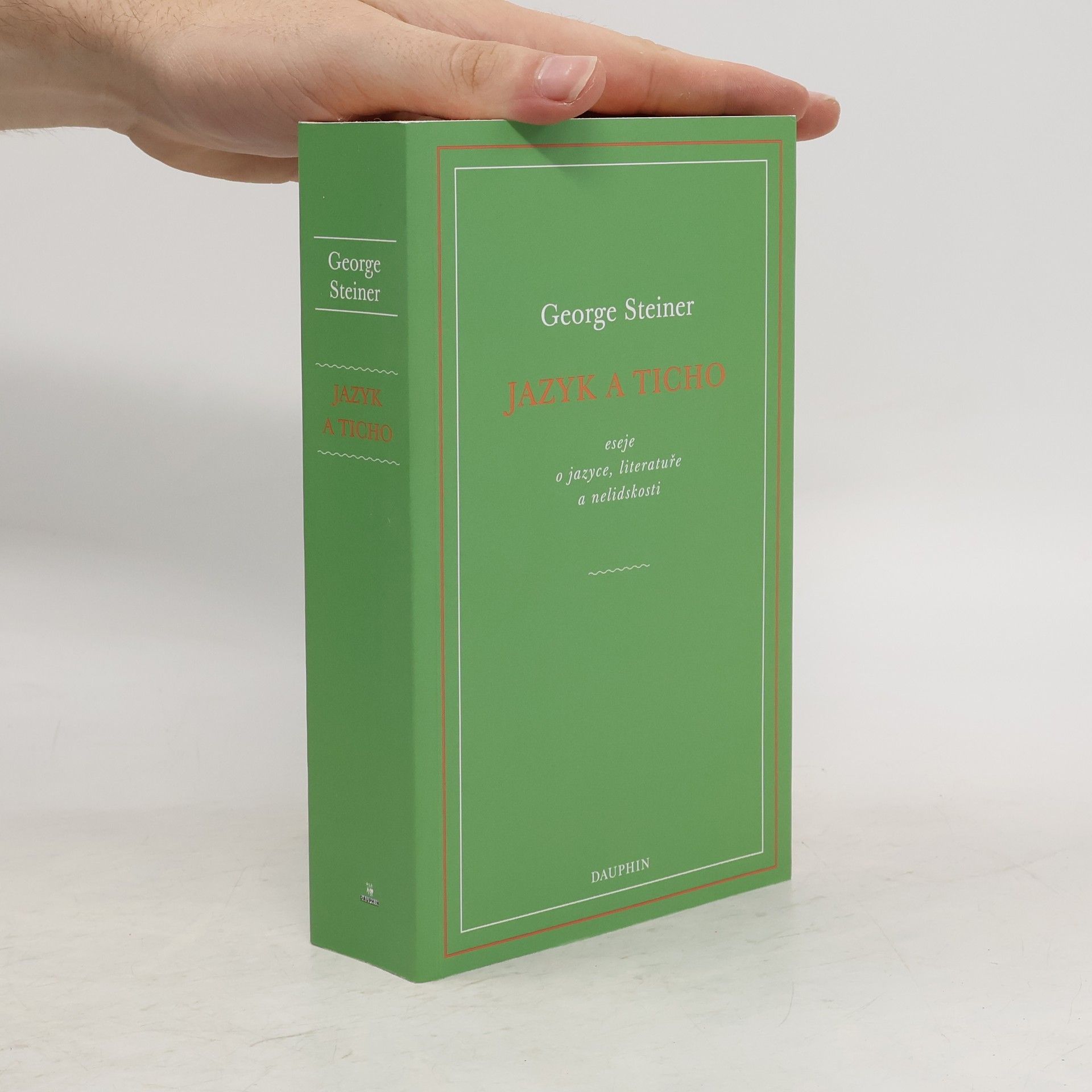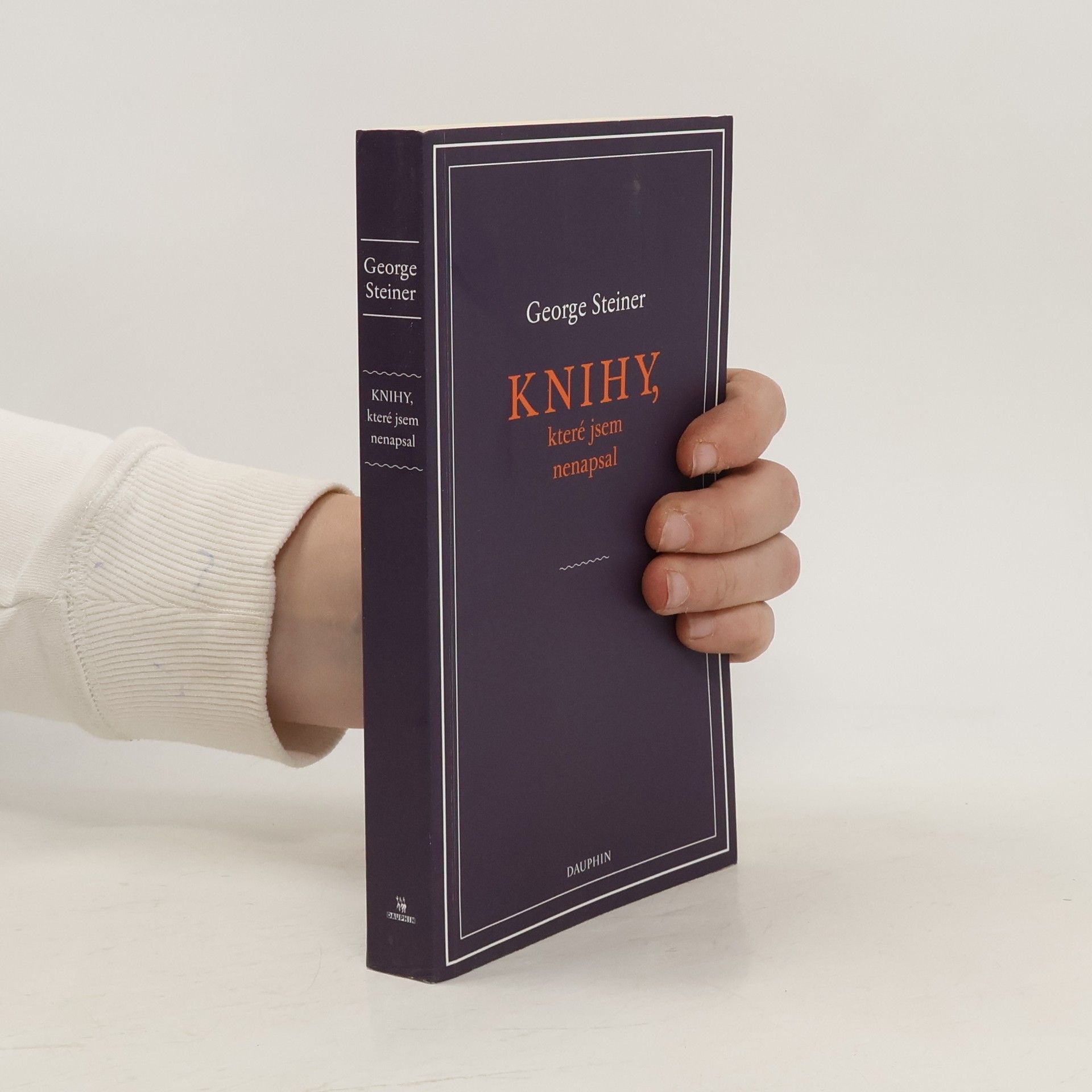Jazyk a ticho, eseje o jazyce, literatuře a nelidskosti
- 526 pages
- 19 hours of reading
Tato kniha se primárně zabývá jazykem – jazykem a politikou, jazykem a budoucností literatury, jazykem a úklady totalitních režimů, jazykem a kulturním úpadkem, jazykem a ostatními způsoby sdělování významu (hudba, překlad, matematika), a konečně: jazykem a tichem. Co se děje s jazykem, je-li ve službách totalitních režimů, je-li využíván k obhajobě jejich zvěrstev a vražedných lží? A jak se na něm podepisují poměry západní masové, na konzum orientované demokracie s dominantními postuláty kulturního průmyslu? Jsme v současnosti svědky konce dějinné fáze, jež se vyznačovala dominancí verbálního vyjadřování a klasické gramotnosti? Jsme svědky fáze všeobecného úpadku jazyka, fáze, kdy od slova a klasické gramotnosti přecházíme k „postlingvistickým“ formám a k částečnému tichu? To jsou otázky, na něž se v těchto textech pokouším nalézt odpověď, nebo na ně přinejmenším obrátit pozornost. G. S.



